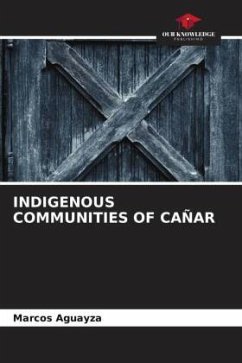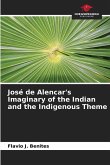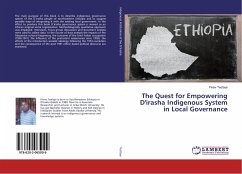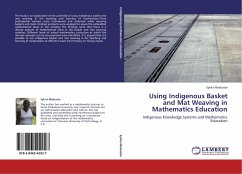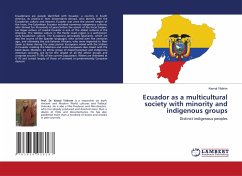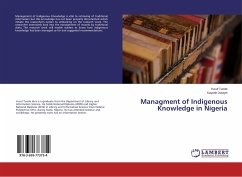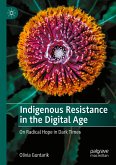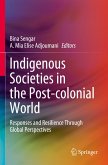The present research work has the objective of diagnosing the socio-cognitive construction of the Andean ethnic and cultural identity in the communities of Huayrapungo, Quilloac and Sisid, identifying the different cultural expressions and the elements where the identity of each one of the communities is perceived, in order to generate and propose actions that promote the strengthening and cultural revaluation of each one of the indigenous conglomerates. This diagnosis was carried out through a quantitative study in the three communities, with the purpose of identifying the cultural practices in the field of music, gastronomy, medicine, clothing, cosmovivencia and Andean philosophy that survive among the members of the indigenous ethnic group.The data obtained from the research allow finding the identity gap, particularly in the abandonment of some traditional external signs such as clothing and the custom of wearing long hair, in view of which it is recommended to develop some actions, from cultural management and education, aimed at recovering the authentic values of the Andean communities, as a support for their integral development.
Bitte wählen Sie Ihr Anliegen aus.
Rechnungen
Retourenschein anfordern
Bestellstatus
Storno

